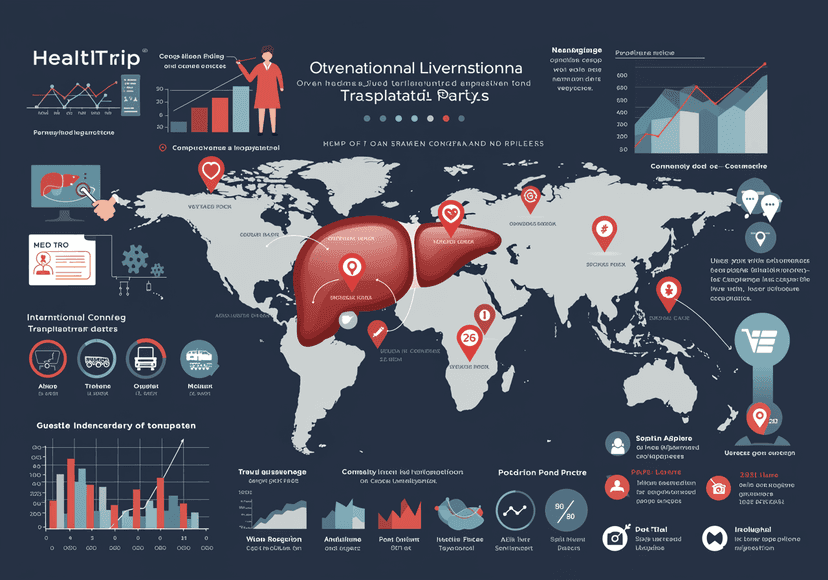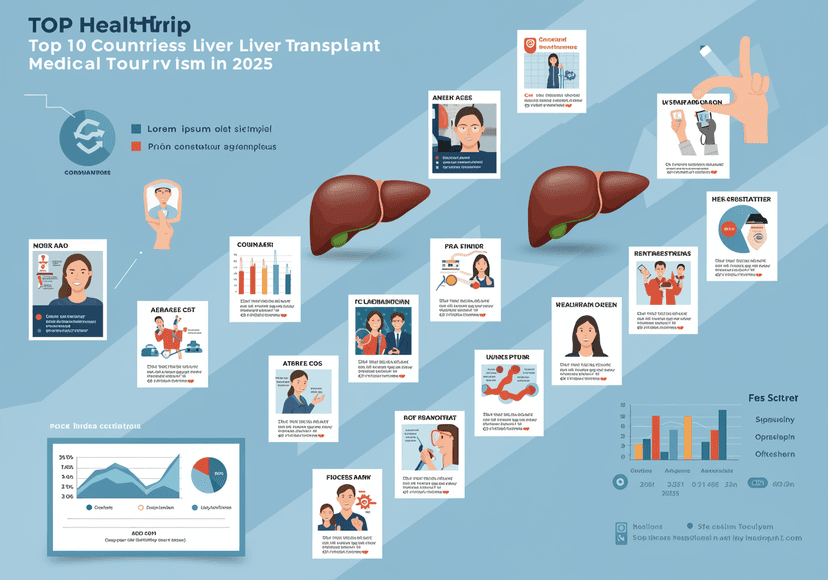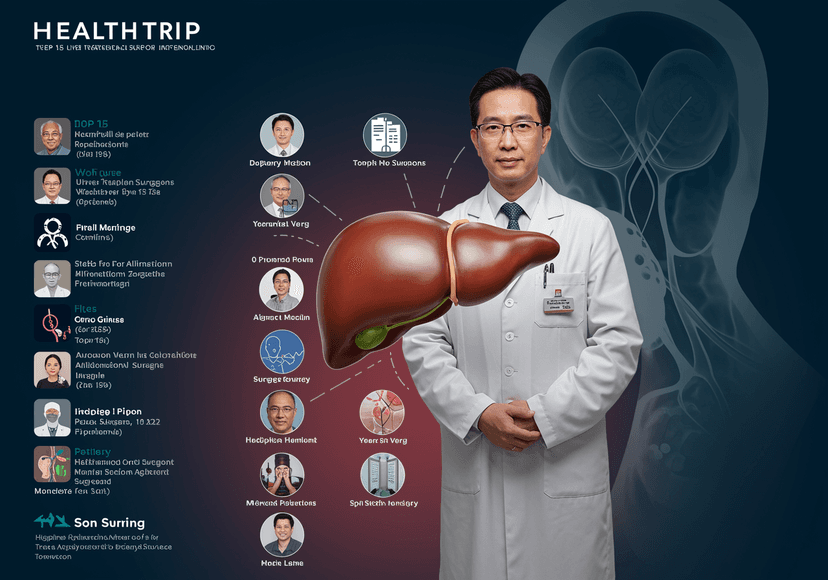
Esophageal Cancer and Palliative Care
23 Oct, 2024
 Healthtrip
HealthtripImagine waking up one morning, feeling a slight discomfort in your chest, and thinking it's just a minor cold or a side effect of last night's dinner. But as the days go by, the discomfort grows, and you start to experience difficulty swallowing, weight loss, and persistent heartburn. You visit your doctor, and after a series of tests, you're diagnosed with esophageal cancer. The news hits you like a ton of bricks, leaving you feeling lost, scared, and unsure of what the future holds. This is the reality for thousands of people around the world who are diagnosed with esophageal cancer every year.
The Importance of Palliative Care in Esophageal Cancer
Esophageal cancer is a aggressive and debilitating disease that affects not only the patient but also their loved ones. The treatment options, which include surgery, chemotherapy, and radiation, can be grueling and may not always be effective. This is where palliative care comes in – a type of care that focuses on alleviating the symptoms, pain, and stress associated with the disease, rather than curing it. Palliative care is not just about providing comfort to the patient; it's about improving their quality of life, allowing them to live their remaining days with dignity and surrounded by love.
Most popular procedures in India
The Benefits of Early Palliative Care Intervention
Studies have shown that early palliative care intervention can significantly improve the patient's quality of life, reduce symptoms, and even prolong their survival. When patients receive palliative care early on, they are more likely to experience a reduction in pain, nausea, and vomiting, which are common symptoms of esophageal cancer. Early intervention also allows patients to make informed decisions about their care, including their treatment options and end-of-life care. Moreover, palliative care teams can provide emotional and spiritual support to patients and their families, which is essential during this difficult time.
One of the most significant benefits of palliative care is that it allows patients to maintain their independence and autonomy. By managing their symptoms effectively, patients can continue to engage in activities they enjoy, spend quality time with loved ones, and maintain a sense of normalcy in their lives. This is particularly important for patients with esophageal cancer, who may experience a significant decline in their physical abilities due to the disease.
Wellness Treatments
Give yourself the time to relax
Lowest Prices Guaranteed!

Lowest Prices Guaranteed!
The Role of Multidisciplinary Teams in Palliative Care
Palliative care is not a one-person job; it requires a multidisciplinary team of healthcare professionals working together to provide comprehensive care to the patient. This team may include doctors, nurses, social workers, counselors, and other specialists who work together to address the patient's physical, emotional, and spiritual needs. The team works closely with the patient and their family to develop a personalized care plan that takes into account their unique needs, preferences, and values.
The Importance of Open Communication
Open and honest communication is essential in palliative care. Patients and their families need to be informed about their diagnosis, treatment options, and prognosis in a way that is clear, compassionate, and respectful. Healthcare providers must also be sensitive to the patient's cultural and spiritual beliefs, and be willing to address their concerns and fears. By fostering open communication, palliative care teams can build trust with patients and their families, which is critical in delivering high-quality care.
In addition, open communication allows patients to make informed decisions about their care, including their treatment options and end-of-life care. This is particularly important for patients with esophageal cancer, who may have to make difficult decisions about their treatment, such as whether to undergo surgery or chemotherapy. By providing patients with accurate and timely information, healthcare providers can empower them to take control of their care and make decisions that align with their values and goals.
The Future of Palliative Care in Esophageal Cancer
While palliative care has made significant strides in recent years, there is still much work to be done. One of the major challenges facing palliative care is the lack of access to services, particularly in rural and underserved areas. This means that many patients with esophageal cancer may not have access to the care they need, which can significantly impact their quality of life.
Another challenge facing palliative care is the lack of awareness and understanding about the benefits of palliative care. Many patients and healthcare providers still view palliative care as a last resort, rather than an integral part of cancer care. This lack of awareness can lead to delayed referrals to palliative care, which can negatively impact the patient's quality of life.
Despite these challenges, there is hope for the future. Researchers are working tirelessly to develop new and innovative models of palliative care that can be integrated into cancer care. Additionally, there is a growing recognition of the importance of palliative care in improving patient outcomes and reducing healthcare costs. As awareness and understanding of palliative care continue to grow, we can expect to see significant improvements in the care provided to patients with esophageal cancer.
In conclusion, palliative care plays a critical role in improving the quality of life of patients with esophageal cancer. By providing comprehensive and compassionate care, palliative care teams can alleviate symptoms, reduce pain and suffering, and empower patients to take control of their care. As we move forward, it is essential that we continue to prioritize palliative care and work towards creating a healthcare system that values and supports patients with esophageal cancer and their families.
Related Blogs

Healthtrip: Your Guide to Leading Multi-Organ Transplant Centers
Healthtrip

Healthtrip: Advanced Brain Treatment Options with Expert Surgeons
Healthtrip

Healthtrip: Global IVF Treatment - Journey to Parenthood
Your Path to Parenthood with Healthtrip

Healthtrip: Navigating International Liver Transplant Options & Prices
Healthtrip

Healthtrip: Top 10 Countries for Liver Transplant Medical Tourism in 2025
Healthtrip Medical Tourism

Healthtrip: Top 15 Liver Transplant Surgeons for International Patients
Healthtrip










